For The Love Of Scotch, KnowYour Whisky Terms Already
Scotch whisky is classic. It is delicious. It is, also, uh, complicated for the ignorant. There’s more to knowing and ordering a Scotch than your usual on the rocks. Talk to a whisky veteran and their language will be peppered with lingos and terms that would seem straight out of a Scottish tavern. A regular whisky drinker might not know beyond their beloved brands, but it does help to know these terms. This will not only help you understand your drink better but will also earn you bragging rights.
Here are a few of these whisky terms every Scotch drinker should know, starting with the term Scotch whisky itself.
Scotch Whisky
Did you know whisky is called a Scotch only if it is distilled in Scotland? Many other countries produce whiskies too, but they can’t be called a Scotch whisky.

Single Malt Scotch Whisky
A single malt Scotch is a premium yet traditional style whisky. You ask why it’s called ‘single’? That’s because the whisky is produced at a single distillery. We bet you also didn’t know that it is made purely from malted barley. If you’re looking for a good single malt Scotch, you could try Talisker. This Scotch is produced at the Island of Sky in Scotland and is every bit worth trying out when you’re in the mood for something exquisite.

Single Grain Scotch Whisky
If you’re guessing that a single grain Scotch whisky is also made at a “single” distillery, you’re right. However, unlike the single malt Scotch, this one is made from other grains like wheat and corn.
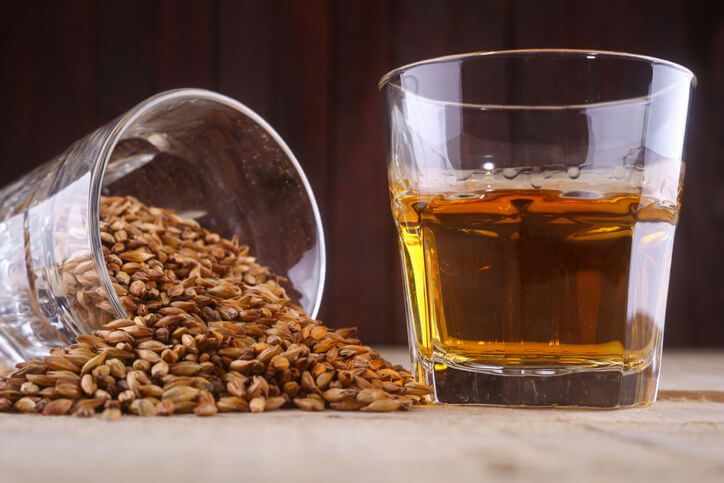
Single Barrel Whisky
It’s not just about the distilleries and grains, the barrels they are stored in also play an important role in the way a Scotch shapes up. The barrel is known to contribute a unique characteristic to the finished drink. Think uniformity of colour and taste. When a Scotch whisky comes from an individual ageing barrel, it is called a single barrel whisky. When you ask for a single barrel whisky, don’t forget to look out for the barrel number and age on the bottle, as some of them can be so unique, they could be fit to be added to your collection.
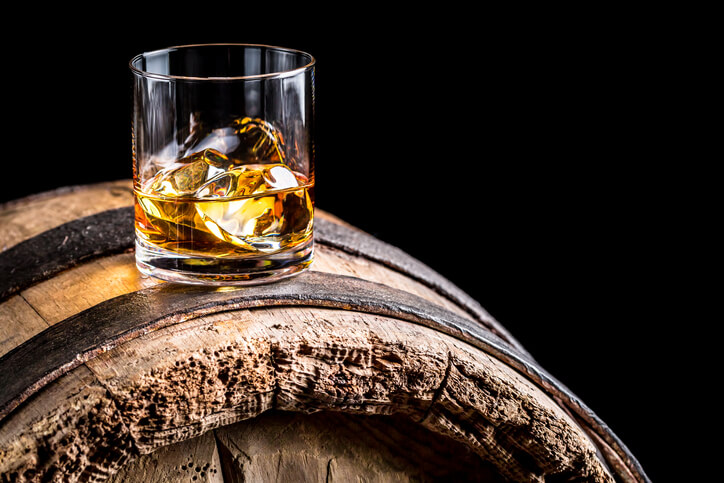
Blended Scotch
If you love drinking whisky, there’s a good chance, you’ll have a go-to blended Scotch. It’s just that you didn’t know it…yet. Many of your favourite brands are more likely to be a blended Scotch. Like the Johnnie Walker. Such Scotches are produced by mixing different types of whiskies together. The Scotch is blended to create a smoother, more complex drink with each part bringing to the blend its own characteristic. Blends make for great cocktails as well. For instance, the Johnnie Walker is used to make a number of cocktails, including the famous Johnnie Ginger.
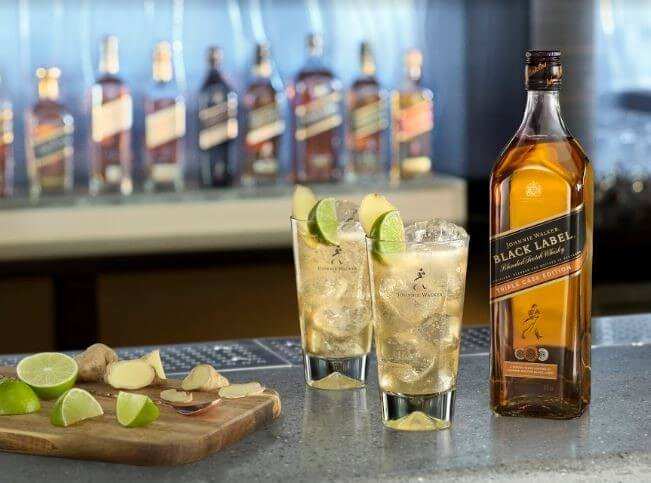
Blended Malt Scotch Whisky
Let’s take a pause and say, we did mention knowing your Scotch could be complicated. There’s blended Scotch, single malt Scotch and now let us introduce you to a blended malt Scotch.
The term blended comes from the fact that it is also produced by mixing different types of Scotches. However, in the case of blended malt Scotches, they have to be a mix of only single malts. These whiskies can be from the same or different distilleries. They can be matured in different barrels and could be of varying ages too. Fun fact, they are also called vatted whiskies.
How’s that for showing off your Scotch knowledge in front of your friends!
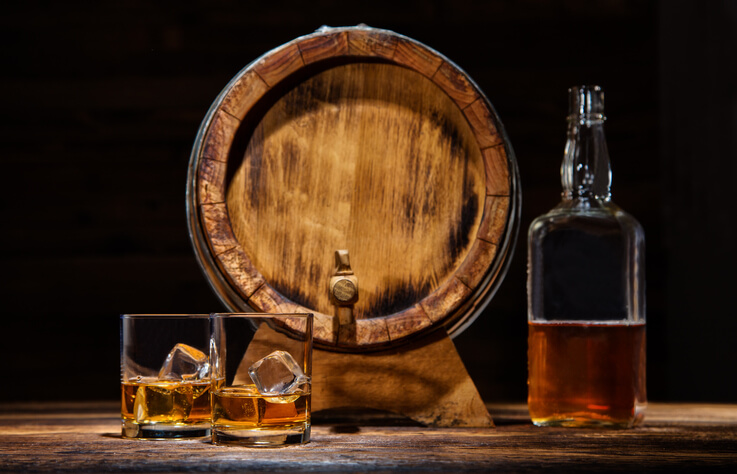
Small Batch
Here’s another fact a budding Scotch connoisseur would love to know. When a blended Scotch is made by combining spirits from a smaller number of barrels than it typically does, it is regarded as a small batch whisky. They could be a combination of 10-20 barrels. There is no regulation to how many barrel combinations make a small batch.
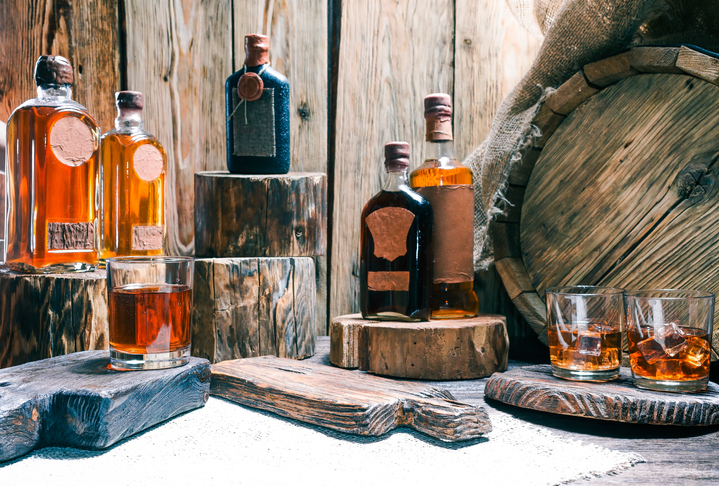
Age Statement
You must have seen numbers (10 years, 15 years, 20 years etc.) written in bold on any bottle of Scotch. This indicates how many years the whisky has been aged in a barrel. If you want to sound smart, the official term for it is ‘age statement’. In the case of a blended Scotch, which has multiple spirits of varying ages, the age statement holds the age of the youngest whisky present in the blend. This way you can be assured that the rest of the whiskies are older or at least of the same age. Scotches of different age have different flavours. Give them all a shot to see which taste appeals to you the most.
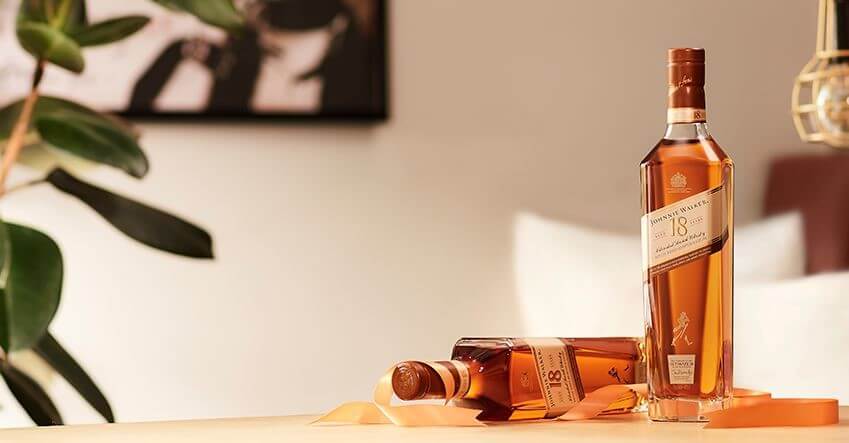
Now that you know your Scotch whiskies a little better, here are four different ways to enjoy your drink.
As the Scottish say, Slàinte!
*Drink Responsibly!





